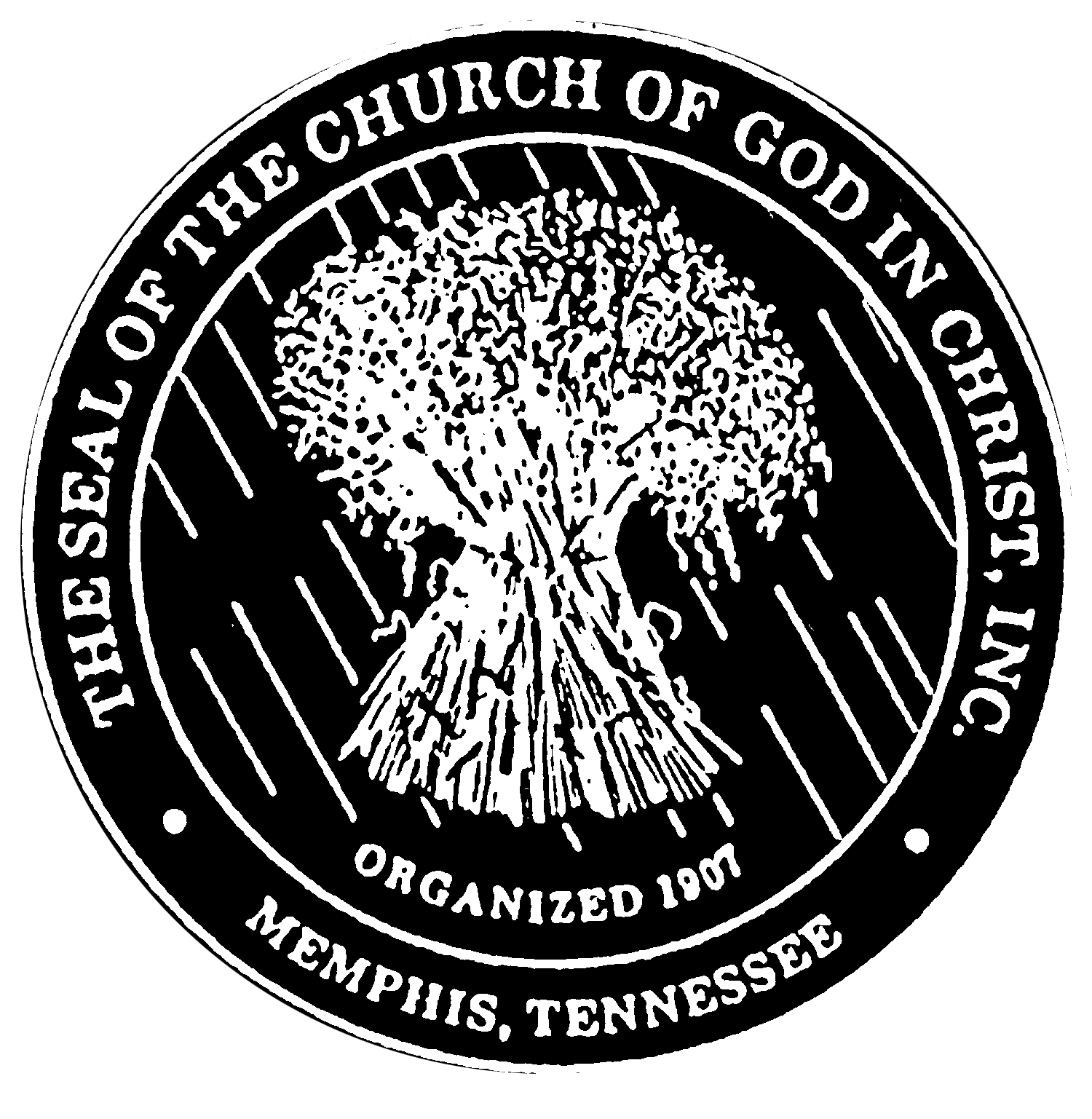The Global Nepal Hub Launch Near The Himalayan Mountains. Read It Today!

 Dear Visionary Leader,
Dear Visionary Leader,
In 1960, Pastor David Mukhiya founded the National Churches Fellowship in Kathmandu, Nepal. At this time, there were only three Christian families in the entire nation. In 1970, the Christian population had grown to approximately 500 families. Today, there are more than 10,000 churches, encompassing 1.2 million Christians. Nepal is sandwiched between two of the largest nations in the world. While China is  located to the right of Nepal, India is located to the left. Kathmandu is a strategic international city.
located to the right of Nepal, India is located to the left. Kathmandu is a strategic international city.
This week, the Billion Soul Network and the National Churches Fellowship synergized their efforts together to launch the Nepal Global Hub. Pastors and leaders came from Tibet, Himalayan Mountains, Nepal and India. Pastor Bishwa dev Khadka provided excellent leadership in the Nepal Global Hub launch and will serve as the CoChair of the Billion Soul Network. In the next two years, the networking goal is to launch at least seven more hubs in Nepal. David Sobrepeña, Founder of Word of Hope in Philippines, James O. Davis, Cofounder of the Billion Soul Network, Bishwa Khadka, CoChair of Billion Soul Network and Tek Dahal, President/Chairman of the National Churches Fellowship, brought keynote messages this week for the Nepal Global Hub summit.


How To Know The Will Of God
 The number one debilitating fear of people is “having lived a meaningless life”. Do you know what your mission in life is? How can you know if you are making progress unless you have a purpose? The purpose is the compass and the progress is the coordinates for your life and ministry. In a sense, you have an “ambidextrous calling.” You will have to remain faithful to the Word of God and still minister “in an ever-changing world.”
The number one debilitating fear of people is “having lived a meaningless life”. Do you know what your mission in life is? How can you know if you are making progress unless you have a purpose? The purpose is the compass and the progress is the coordinates for your life and ministry. In a sense, you have an “ambidextrous calling.” You will have to remain faithful to the Word of God and still minister “in an ever-changing world.”
Whether you are just beginning a ministry or have been in ministry for some time, let me ask you one question: Why do you do what you do in the ministry? Is it simply to have a full calendar, money in the bank, or a national platform? Do you preach without purpose and minister without a mission? Let us never forget that the first and greatest evangelist of all time, Jesus Christ, could speak his mission in one clear, concise sentence: “I came that they might have life and might have it abundantly” (John 10:10). Even the early disciples knew what their mission from Christ was before they began their evangelistic ministry. Their mission was the Great Commission. Their goal was world evangelization. In evangelistic ministry you will either live your God-given mission, or you will live someone else’s. You are either leading or being led. It is that simple.
How can you know that the life and ministry are your “God-given patent” for existence? There are many characteristics of a calling (and they do overlap with other ministry gifts in the church).
The Characteristics of a God-Given Calling
First, the calling is providential. It has a sense of divine destiny about it. The call of the Apostle Paul began before the creation of the world (Galatians 1:15). God knew Jeremiah before he was formed in the womb of this mother (Jeremiah 1:5). For ministers to stay long-term on the field, they must know without doubt that
God has called them; otherwise, they will easily become frustrated with the stresses of ministry.
If ministers do not know they are divinely called into full-time in ministry, they will eventually settle for “whining in evangelism” rather than “winning in evangelism.” Ministers cannot live with constant change (weekly travels, new hotels, different churches, etc.) unless there is a changeless core inside them. “The key to the ability to change is a changeless sense of who you are, what you are about and what you value.” A divine sense of “who you are” will provide direction for “what you are to do” in evangelistic ministry. If money was not an issue and time did not matter, what would you like to do the rest of your life? Would you be willing to do it without charge?
 Second, a calling is purposeful. Abraham was called to be the “father of the faithful.” Joseph was called to be a leader in Egypt during a time of famine. Moses was called to lead the Israelites out of Egyptian bondage. Joshua was called to lead his people into Canaan. The Old Testament prophets were called to proclaim the “Word of the Lord.” Jesus was called to die for the sins of the world (John 3:16). Peter was called to be a fisher of men (Luke 5:10). Paul was called to preach the gospel to the Gentiles (Acts 9:15; cf. Galatians 3:15-16). When Christ calls individuals to be evangelists, He has a unique purpose for them in the church and in the world. Why does your evangelistic ministry exist? Until you are able to answer that question adequately, you will not be clear in your decision-making, what you should do and should not do, and the direction in which you are going.
Second, a calling is purposeful. Abraham was called to be the “father of the faithful.” Joseph was called to be a leader in Egypt during a time of famine. Moses was called to lead the Israelites out of Egyptian bondage. Joshua was called to lead his people into Canaan. The Old Testament prophets were called to proclaim the “Word of the Lord.” Jesus was called to die for the sins of the world (John 3:16). Peter was called to be a fisher of men (Luke 5:10). Paul was called to preach the gospel to the Gentiles (Acts 9:15; cf. Galatians 3:15-16). When Christ calls individuals to be evangelists, He has a unique purpose for them in the church and in the world. Why does your evangelistic ministry exist? Until you are able to answer that question adequately, you will not be clear in your decision-making, what you should do and should not do, and the direction in which you are going.
What are your roles and goals in evangelism? Your roles provide your direction and your goals determine your destiny. For example, you have a role as a Christian, but your goal is heaven. If you are in bible college, then you have the role of a student, no doubt with a goal to graduate. You may have a role as a husband or wife, but your goal is to build a healthy marriage. These are three examples out of many roles and goals you may have for your life and ministry; and as can be seen from the bible college example, roles and goals will change throughout life.
What is your vision and mission for ministry? Your vision will flow out of your mission. Your mission is born from above while your vision is lived here below. Vision is cultivated by (1) looking above you (what does God expect of you?), (2) looking within you (what do you feel?), (3) looking behind you (what have you learned?), (4) looking around you (what is happening to others?), (5) looking ahead of you (what is the big picture?), and (6) looking beside you (what resources are available to you?) If your vision and mission are fuzzy in your mind, your morale will be low. All great leaders know where they are going and are able to persuade others to follow them.
Third, a calling is personal. The profound insights regarding “a calling” are remarkable. Each of us is as unique in our calling as we are in being made in the image of God. It would take an infinite number of human beings, St. Thomas Aquinas once wrote, to mirror back the infinite facets of the Godhead. Each person reflects only a small-but beautiful-part of the whole.
God has not called you to live someone else’s mission and ministry. A lot of ministers live “unlived” lives before God. Your true identity or self-worth before God is much greater than your present level of ministry. God does not call an evangelist or a pastor to develop a ministry on the “proven personality” of someone else but on proven eternal principles. Be yourself. Whether you serve on a large staff of an evangelistic association or in a local church, God still has a unique, personal call for your life. Vaclav Havel said, “The real test of a man is not when he plays the role that he wants for himself, but when he plays the role destiny has for him.”
Fourth, a call is also practical. “For a calling to be right, it must fit our abilities.” Not everyone is psychologically able to travel for an extended number of years. One must have a changeless core in order to adapt spiritually, physically, and emotionally to a constantly changing environment. One must have a certain level of faith to believe God to provide financially on a weekly basis. It is recommended for someone interested in pursuing an evangelistic ministry to travel occasionally with a full-time evangelist to observe their lifestyle.
What are your gifts or talents? “One of the reasons many of us don’t recognize our gifts as gifts is because they seem so natural to us.” Why do you suppose God gave those gifts to you? There is a God-given purpose for the unique gifts in your life. It is our responsibility to recognize them, use them, and expect fair wages for the use of them in our service to God (Matt. 20:1-13; 25:29). Your gifts and talents will help you to determine if you are called to ministry in general and evangelism in particular. Do not mystify God’s calling on your life. It is practical.
 Fifth, the call is powerful. A divine call provides both the passion for the necessary creativity and the power for the renewed energies of the daily preaching grind. Facing hard tasks necessarily exacts dread. Indeed, there are times when we wish we did not have to face every burden our calling imposes on us. Still, finding ourselves where we are and with the responsibilities we bear, we know it is our duty-part of what we were meant to do-to soldier on. There is an odd satisfaction in bearing certain pains.
Fifth, the call is powerful. A divine call provides both the passion for the necessary creativity and the power for the renewed energies of the daily preaching grind. Facing hard tasks necessarily exacts dread. Indeed, there are times when we wish we did not have to face every burden our calling imposes on us. Still, finding ourselves where we are and with the responsibilities we bear, we know it is our duty-part of what we were meant to do-to soldier on. There is an odd satisfaction in bearing certain pains.
“If your mission holds no personal passion, it is not your path. Enthusiasm comes from the root words ‘en’ and ‘theos’-which means ‘in God.’ What are you enthusiastic or ‘in God’ about?” Do people have to prime your emotional pump, or does your passion for your mission get you up when everything else in life is down? Even though purpose is the motivation behind dynamic evangelists, passion drives them to excellence when evangelizing the lost and equipping the saints.
Sixth, a calling is perplexing. Even though the call of God is personal, sometimes it is hard for some people to discover it. Frequently, many false paths are taken before the satisfying path is at last uncovered. Experiments, painful setbacks, false hopes, discernment, prayer, and much patience are often required before the light goes on.
Are you seeking success or significance in evangelistic or pastoral ministry? There is a vast difference between these two concepts. Success is timely and dies when you die. Significance is timeless and lives on after you die. Soren Kierkegaard said, “The thing is to understand myself, to see what God really wishes me to do…to find the idea for which I can live and die.” What is your all-encompassing goal in life? Is it to be an evangelist? Is it to be a pastor?
The Confirmation of a God-Given Calling
A minister is not only called by Christ to function in the body but should receive confirmation by the church. The calling not only requires inward affirmation but also outward confirmation. In the New Testament era, Philip was well-known and highly respected in his local church in Jerusalem. He was one of the original deacons chosen to serve the Greek widows (Acts 6). The local congregation also recognized that Philip was “filled with the Holy Spirit and wisdom” (Acts 6:3). It is important to note that before Philip was a leading evangelist among the Gentiles, he was recognized as a spiritual leader in his local church. The apostles were also supportive of Philip, the evangelist (Acts 8:14). Philip was sent out from the Jerusalem church to become an itinerant evangelist during the New Testament era. Since Christ has given the evangelist to the Church, churches need to realize that this person is needed for the ongoing work of effective evangelism.
Has your local church recognized your calling? Have other church leaders confirmed your calling? Are there open doors of evangelistic opportunities before you? Do your family members and peers see the evangelist gifts in your life? Is there an inner witness in your heart regarding full-time evangelism? Much soul-searching will help confirm an uncertain call.
The Continuation of a God-Given Calling
How can a minister continue to function in the church for years to come? Is there a secret for building a significant evangelistic ministry? What is one of the most important qualities for effective evangelism? In Ephesians 4:7, Paul writes, “To each one of us grace was given according to the measure of Christ’s gift.” Christ gives the evangelist “grace” to fulfill “the measure” of ministry. Each ministry gift in Ephesians 4:11 requires a certain level of grace to obtain the full measure of effective ministry. Christ provides not only the gift of apostles, prophets, evangelists, pastors and teachers in the Church but also the grace to accomplish the intended task of evangelism.
Our Lord is raising up and sending out ministers into every nation. These are the greatest days of evangelism and discipleship in the history of the Church! Blessings.
Until The Last Person Has Heard,

Dr. James. O. Davis
Cofounder / Billion Soul Network
Cochair / Global Networking





























